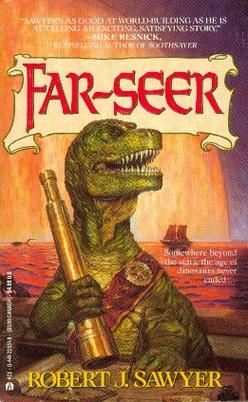As a reader, I always consider that characters who look like and think like and act and bleed like humans are for all intents and purposes humans whether they are inhabitants of another world or not. But in an SFF novel, things that superficially resemble humans may be something quite different. In folklore, there are any number of (usually quite dangerous) beings that appear human at first glance, but there is always some small detail that gives them away (supposing the human who encounters them notices that detail in time).
At the same time, I think it takes more than pointy ears to make an elf (or whatever). There should be more significant differences from humans or the story becomes little more than a masquerade party where all the characters are humans dressed up as something else. In LOTR, for instance, all the elves we meet are very, very old, though they don't look it. Even Legolas, who is apparently rather young as elves go, at one point refers to the other members of the Fellowship as "children" and characters like Elrond and Galadriel behave as they do because they have lived through so many ages of the world and have seen the same mistakes made over and over with disastrous results by their kith and kin, so that by the time we meet them in LOTR, they know well the bitter consequences of giving in to the temptations of power. Readers who only read LOTR and The Hobbit, and not the Silmarillion or the HOME books, may come away with the idea that the elves are naturally wise and noble, when the truth is that the ones we meet are merely experienced and such wisdom as they have has been hard-won, while the reckless and the greedy ones have suffered the fatal consequences of their own mistakes long, long ago (in the process providing object lessons for the ones who remain). Humans are inherently neither better nor worse than elves, but they don't have the benefit of the long view which the elven characters in the book have gained because of their extensive life span.
In Watership Down, as another example, the rabbits think enough like humans that we can identify with them and what they go through, and yet they have as well their distinctively rabbity concerns that set them apart from humans. They also have certain limitations in their thinking, like not being able to count past four (it goes something like this: "one, two, three, four, [gasp] a thousand") thus, the character whose name is translated as Fiver might not actually be the fifth-born in his family (as the smallest in a litter of at least five his actual name in the rabbits' language is "little thousand"). This inability to comprehend large numbers is a danger to them in striking out into unfamiliar territory and unfamiliar situations. They may not, therefore, be exactly rabbits, but they certainly are not humans.


